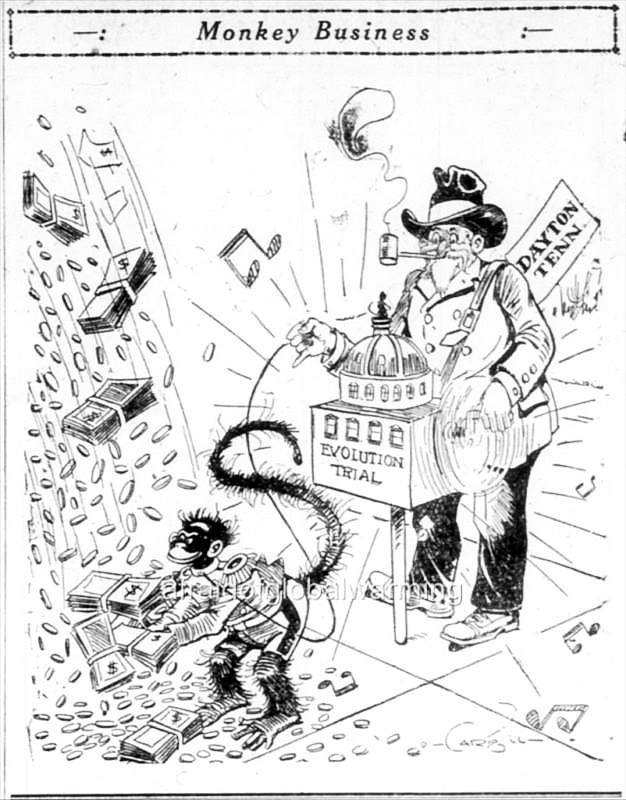
The Honors College has provided seed funding for seven new interdisciplinary courses on topics ranging from opera, nations and empires to molecular gastronomy. Two courses, “The Darwin Course” and “Cultivating Interprofessional Collaboration to Improve Health Outcomes,” will be offered this spring.
The Honors College has been kick-starting interdisciplinary inquiry since 2006. To date, the Honors College has helped to develop 30 interdisciplinary courses with more than $500,000 in start-up funding.
The latest round of courses, beginning with those to be offered this spring, include the following:
Cultivating Interprofessional Colloboration to Improve Health Outcomes (PSYC 3923H)
Faculty: Nan Smith-Blair, nursing; Sara Collie and Yvette Murphy-Erby, social work; Ana Bridges, psychological sciences.
Description: In this service learning course, geared for honors students seeking careers in the health professions, students will partner with doctors, nurses, social workers, psychologists, pharmacists and therapists at clinical agencies in the area to promote effective, collaborative patient care, particularly for those who may fall through the cracks in the current health care system. The course is designed to increase awareness of the roles, responsibilities and ethics governing diverse health care workers and give students a “real world” understanding of how inter-professional health care teams work together.
The Darwin Course (ANTH 3923H-001, CIED 499v-005, HIST 3923H-005)
Faculty: William F. McComas, science education; Vince Chaddick, law; William Etges, biology; Daniel Kennefick, physics; Mary Leigh, English; Jack Lyons and Barry Ward, philosophy; Angie Maxwell, political science; J. Michael Plavcan, anthropology; Richard Sonn, history.
Description: Ten professors from a variety of specializations across campus will bring a rich brew of perspectives to this course designed to examine the history of evolution, from Charles Darwin’s voyage on the H.M.S. Beagle to the Scopes Trial to continuing aftershocks in science classrooms today. In addition to learning about Darwin and the science of evolution, the course is strategically designed to demonstrate that the most complete view of any discovery, event or person can only be achieved through the use of an interdisciplinary lens.
Health and Gender in Sub-Saharan Africa
Faculty: Sabrina Billings, world languages, literature and cultures; Kristen Jozkowski health, human performance, and recreation; Andrea Arrington, history.
Description: This course will challenge students to consider how Western, biomedical approaches fit, and don’t fit, in addressing public health issues in sub-Saharan Africa. Case studies on topics such as the HIV/AIDS epidemic, female circumcision, water-borne diseases, reproductive health and breastfeeding/infant nutrition will help students understand how different cultural norms and especially, gender, impact ongoing public health crises.
Food Chemistry: An Honors Section
Faculty: Philip Crandall and Nathan Jarvis, food science; Ed Clausen, chemical engineering; Dennis Beck, educational technology.
Description: In this pilot project, honors students in an existing food chemistry lecture and lab course will develop and share Web-based learning modules, thus leveraging the university’s investment in costly “wet chemistry laboratories.” Interdisciplinary teams of chemical engineering and food science students may use these virtual labs to increase understanding of topics such as enzyme reaction rates, which are hard to visualize in the physical world.
Opera, Nations and Empires
Faculty: Martin Nedbal, music; Laurence Hare, history; Jennifer Hoyer, German.
Description: This course provides a cultural-historical overview of the changing concepts of the Western “self” and the non-Western “other” as reflected in six German-language operas, beginning with Wolfgang Amadeus Mozart’s The Abduction from the Seraglio (1782) and concluding with Franz Lehar’s operetta The Land of Smiles (1923). In each of the selected works, students will uncover the ways in which European artists constructed national identities through appeals to peasant folklore and a mythic past. At the same time, the class will consider how those images were shaped through exoticist portrayals of the Orient.
The Tenth Street Studio Building Digital Reconstruction: Visualizing a Chapter of American Art
Faculty: David Fredrick, classical studies; Tom Hapgood, art.
Description: In this course, students draw from archival materials to digitally recreate New York City’s Tenth Street Studio, where major figures in the Hudson River school of painters created and exhibited their work. Constructed with game engine technology, the recreation will allow an immersive, real-time walk-through experience, with links to information about the studio, its occupants and the social context of 19th century New York. The students will conduct library research and view artwork at Crystal Bridges Museum of American Art as part of this project.
Molecular Gastronomy
Faculty: Joshua Sakon, chemistry and biochemistry; Ya-Jane Wang, food science.
Description: This course will explore new cooking approaches pioneered by the molecular gastronomy movement, which encourages the use of scientific methods and equipment in the kitchen. Working with a variety of foods – breads, meringues, steaks, jams and cheeses – students will study the chemical and biochemical reactions that take place in the kitchen and embrace new cooking techniques based on the fundamental principles of chemistry.
Contacts
Kendall Curlee, Director of Communications
Honors College
479-575-2024,